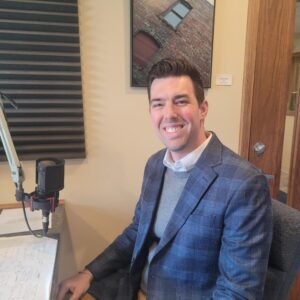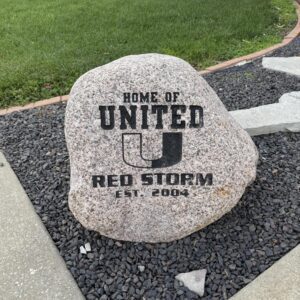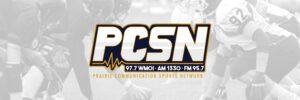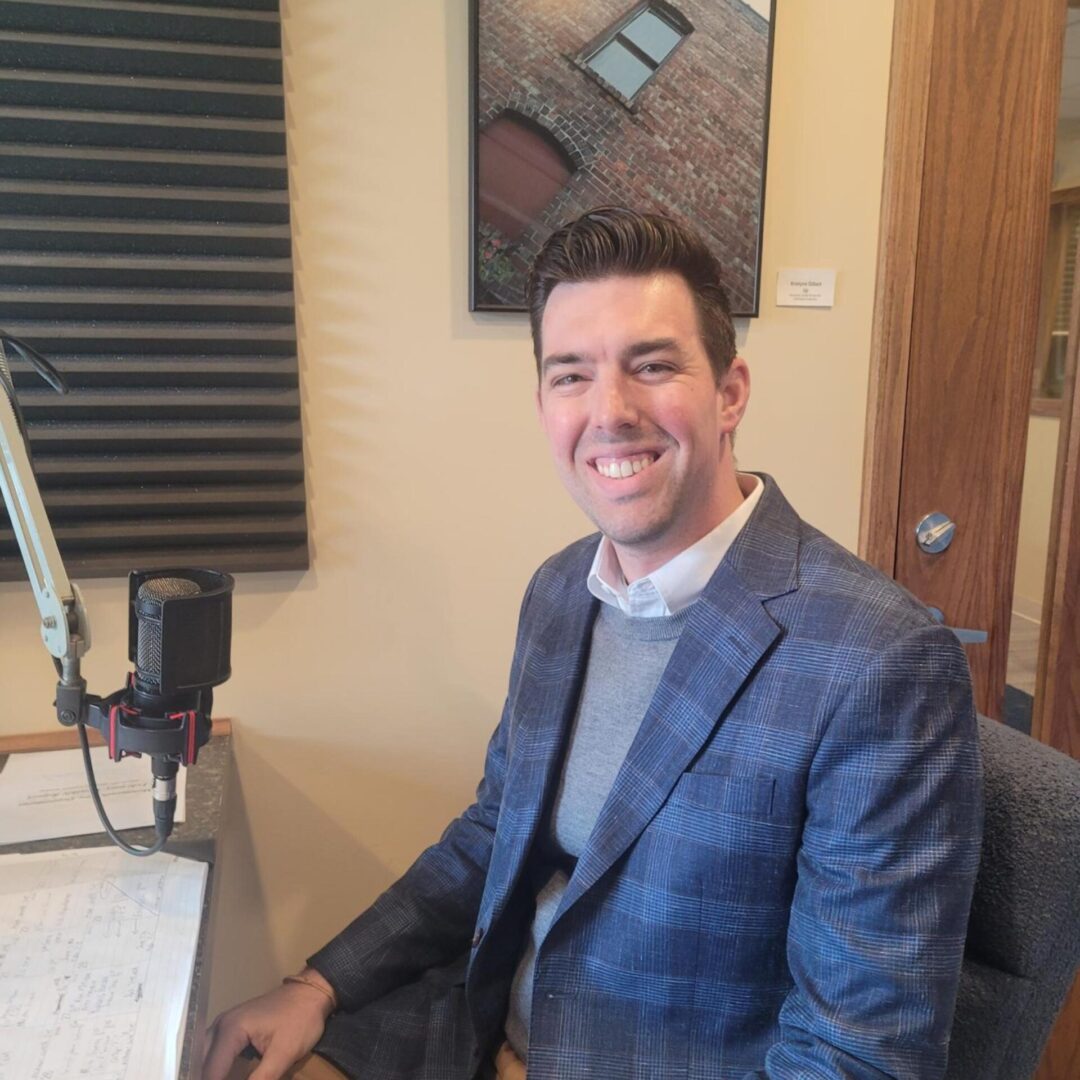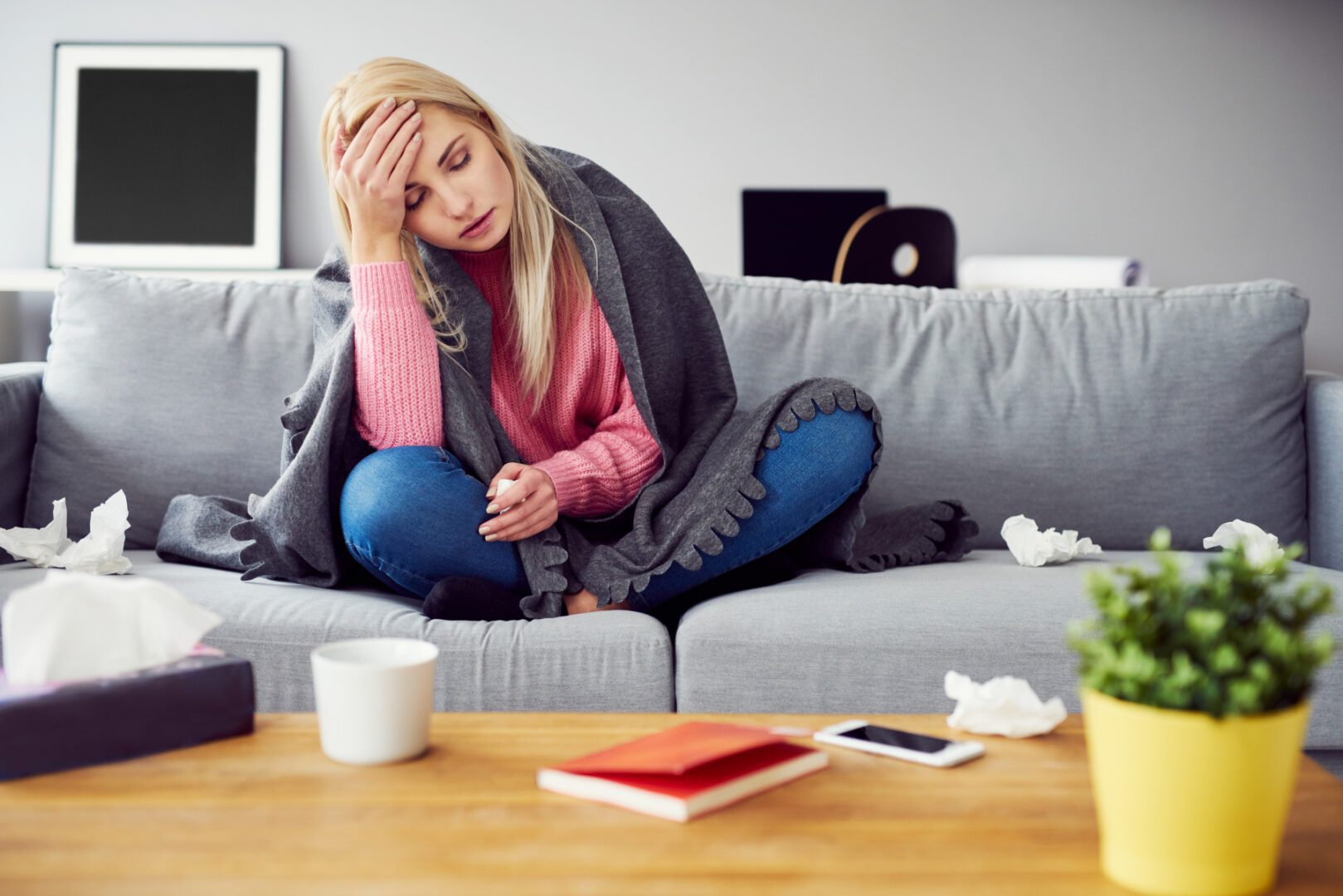Protective face masks have become part of our day-to-day lives. Whether it’s covering up at the grocery store or masking for a meeting at work, it’s an effective way to help slow or prevent the spread of COVID-19.
For months, the Centers for Disease Control and Prevention has recommended everyone wear a face covering in public. Now many major retailers require one to even enter their store.
Most masking mandates include children over the age of two, and for parents, getting kids comfortable with donning face masks can be challenging.
Adding to that challenge – many school districts are proposing at least some in-person learning this fall, and kids will need to be ready to wear a mask in the classroom, sometimes for hours at a time.
Dr. Samina Yousuf is an OSF HealthCare pediatrician in Bloomington, Illinois. She says if there is an expectation that kids need to wear a mask at school, parents should start looking at options now.
“It definitely has to be comfortable. So you may have to go through a couple of different styles, different sizes, to actually arrive at that point. And you don’t want to be having those struggles on the first day of school, or every day in the morning on the first week,” warned Dr. Yousuf.
And once you find that perfect fit, Dr. Yousuf recommends practicing with the mask at home, and for younger kids, even offering small rewards as the child gets used to wearing it.
“Gradually, maybe having them wear it for this long and that long,” she suggested. “Maybe they can get a sticker chart or they could get tokens or whatever reinforcement the parents use, this would be a really good one to reinforce.”
COVID-19, masking and safety are hard concepts for younger kids to grasp. Dr. Yousuf says when talking to kids about any of these topics, be open, don’t hide information, but present it in a child-friendly manner.
She also suggests setting a positive tone to masking in particular, and that parents can help kids adapt to it by actively wearing a mask themselves.
“The best way children learn – most children who are typical learners – is by seeing,” said Dr. Yousuf. She continued, “If they see their parents wearing a mask then they will think it’s okay for them to wear a mask, too. So I would highly encourage the parents to wear a mask, definitely when they are going out to a store or whatever, and maybe just in the house and say, ‘well I’m just getting used to wearing my mask, because I think I’m going to have to wear it at work.”
Dr. Yousuf maintains that teaching children proper hand hygiene is just as important as teaching them to wear a mask. Kids should wash their hands frequently at school and use hand sanitizer when no soap and water is available.
Children should also be aware of proper mask handling. Masks should be handled by the ear loops or ties only, and kids should avoid touching the outside of the mask, because it could be contaminated. For more information about the proper handling and care of face masks and coverings, click here.
For more information on COVID-19, including frequently asked questions, please visit the OSF HealthCare COVID-19 digital health hub: www.osfhealthcare.org/covid19/.
If you are experiencing COVID-19 symptoms and it is not an emergency, use one of the digital care options offered by OSF. You can connect through Clare, a digital assistant available through the OSF website, or by calling the 24/7 nurse hotline at 833-OSF-KNOW (833-673-5669).
***Report Courtesy of OSF HealthCare***



